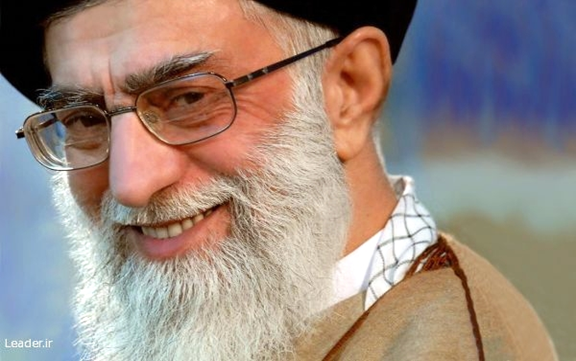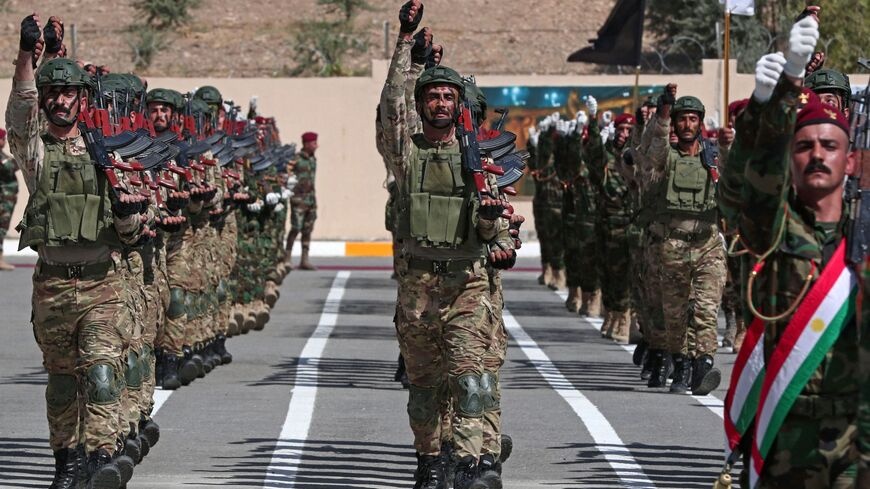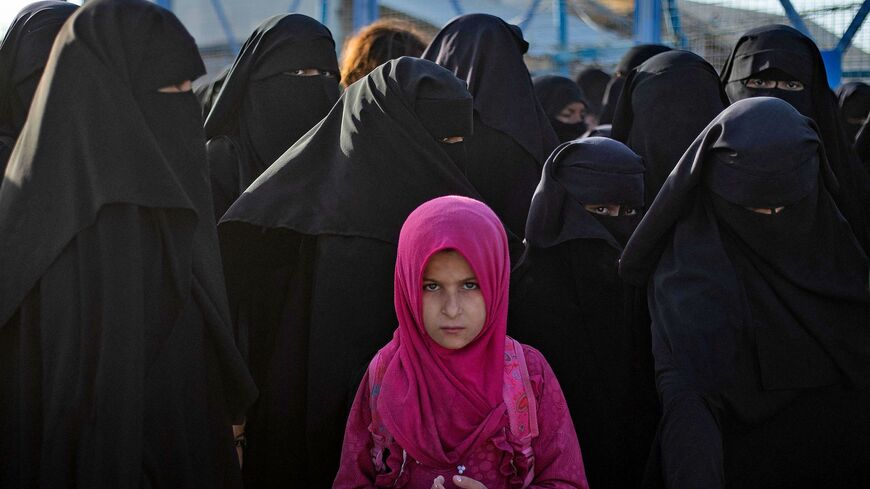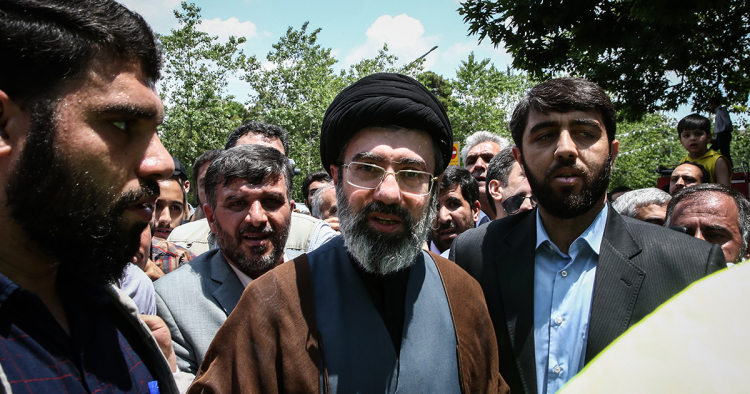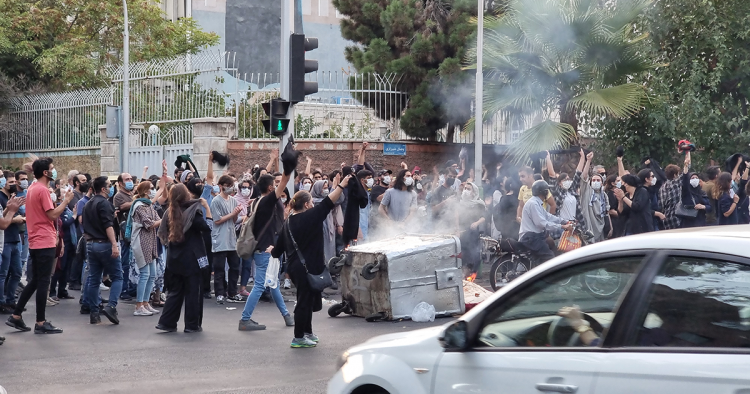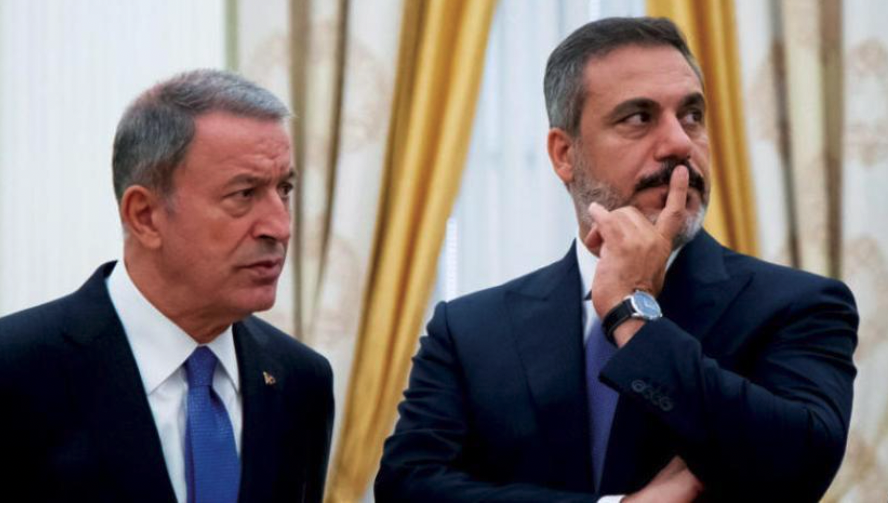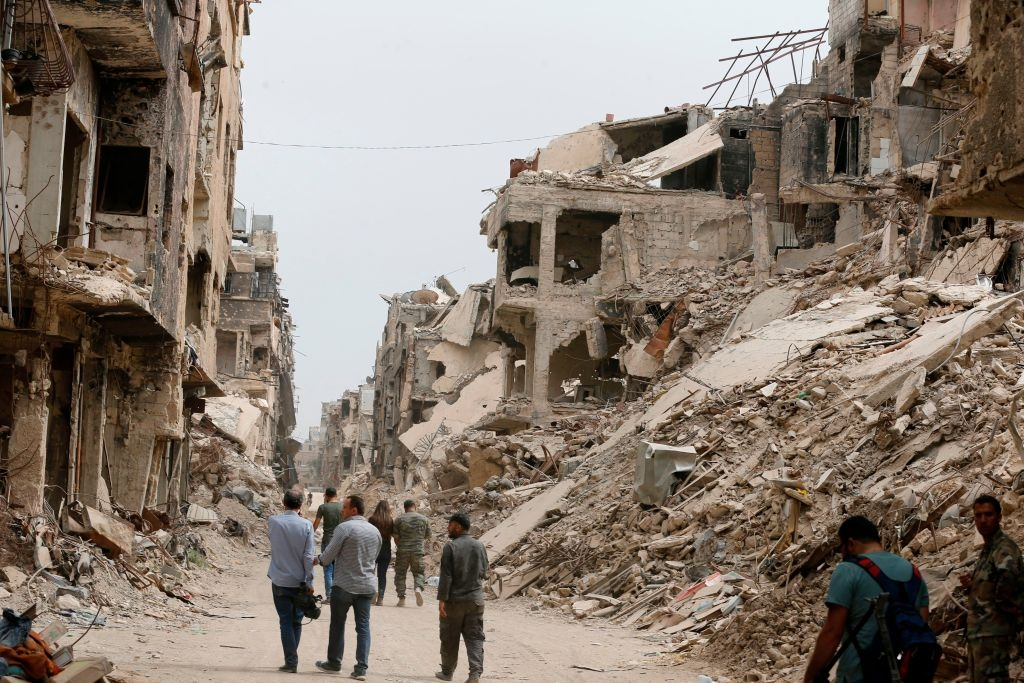Hezbollah Threats Hinder Israel-Lebanon Sea Border Deal
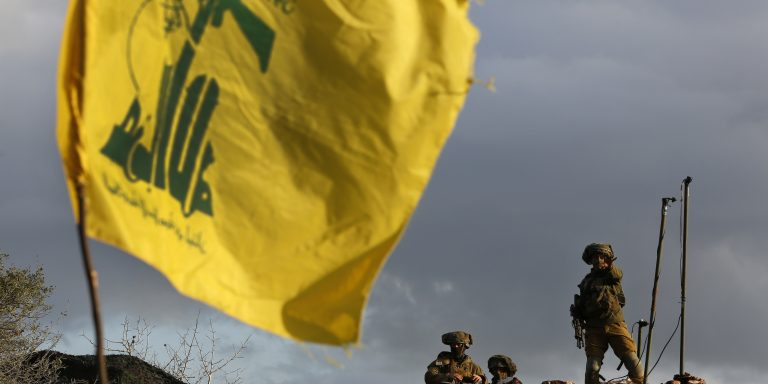
The leader of Lebanese Hezbollah is threatening to attack an Israeli gas project off the Lebanon-Israel coast if it becomes operational before their sea border is agreed upon.
Hezbollah’s threats demonstrate the ability of the Iran-backed party to influence Lebanon’s national security decisions.

